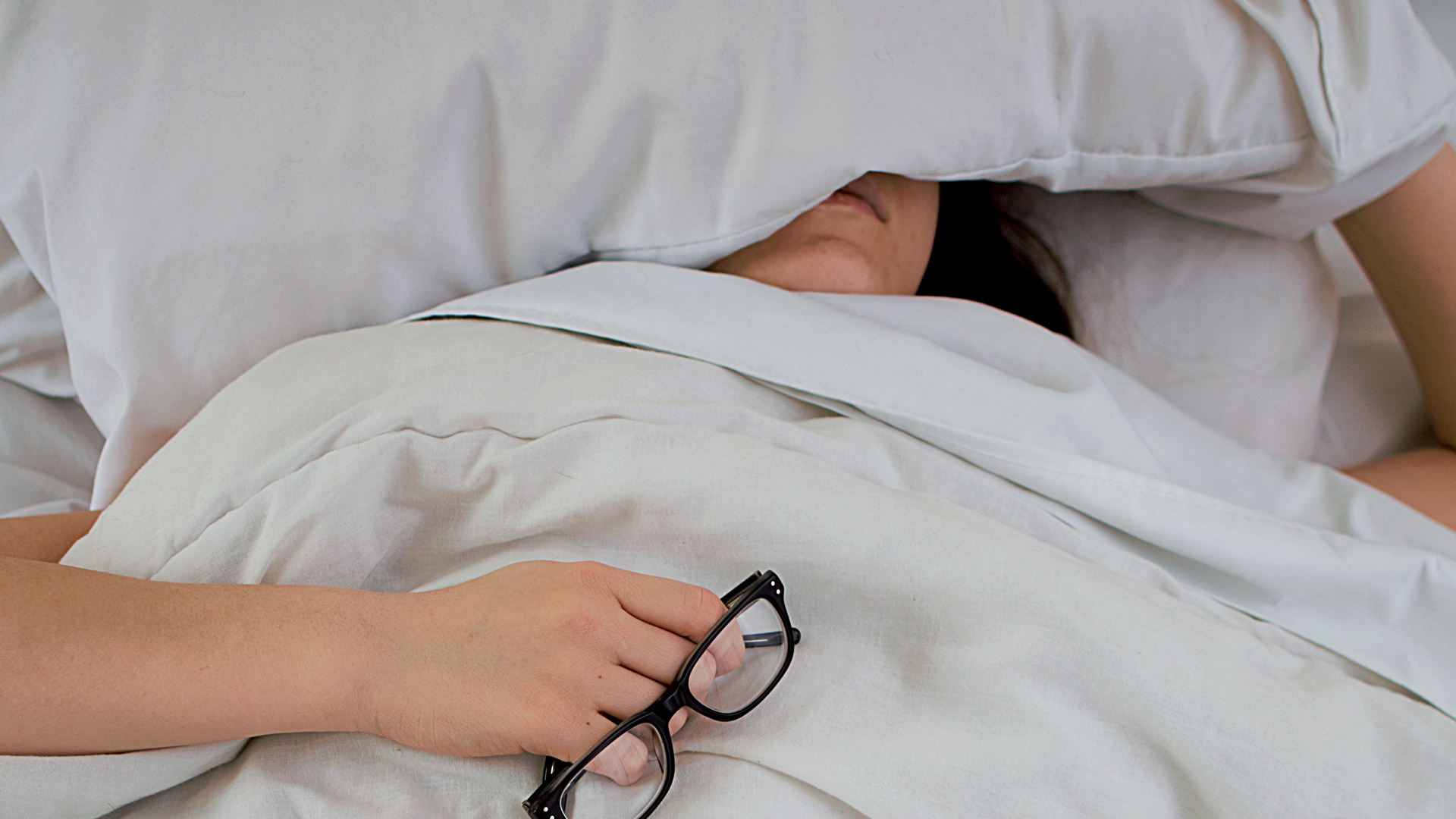Do you suffer from social jetlag?
If you are consistently typically going to bed late, waking tired and struggling to get to work on time during the week and then try to play catch up on the weekend, the answer is probably yes you do. Along with 31% of the adult Australian population.
Social jet lag, as it sounds, is having a body clock that is out of alignment with what you need to be doing because you are trying to shift your body between two time zones. One is directed by work and social obligations and the second is our internal master body clock, our circadian rhythm.
One of the reasons we feel so tired from social jetlag is because it reduces the amount of time spent in deep sleep, the type of sleep that leads to feeling refreshed and restored in the morning.
Linda Geddes author of “Chasing the Sun” says 2/3 of us experience at least one hour of social jetlag a week and one third, two hours or more. Eeek! That’s as bad as dealing with the time change when flying East-West in Australia.
The problems associated with this include poor cognitive functioning during the day with reduced productivity, poorer health and an increased risk of mental health problems:
- Going to work when sick or overtired.
The more tired you become the less able you are at distinguishing between fatigue and sickness. You feel obliged to turn up because of the pressure of the work needing to be done, sense of obligation or cultural expectation. The risk here, beyond the obvious of potentially spreading infectious disease, is the risk of increased errors, falling asleep at work or having an accident while driving to or from work. - Findings from the SHADES study reported how each hour of social jet lag is associated with an increased risk of having good, rather than excellent, health and an 11% increase in the likelihood of developing heart disease, independent of age, socioeconomic background, sleep duration and insomnia, in addition to a worse mood. Your level of ‘usual’ grumpiness could be an indicator of your sleep quality or lack of.
- Beyond having the grumps, social jetlag is also associated with a higher risk of depression. One Japanese study reported how greater social jetlag was associated with an increased risk of depressive symptoms in Japanese non-shift workers as a result of desynchronization of the circadian rhythm leading to hormonal and behavioural dysfunction and lower mood.
- Social jet lag contributes to weight gain and poorer eating habits. A Spanish study found that social jet lag in a younger population was associated with poorer adherence to a healthy (aka Mediterranean style) diet leading to the consumption of fewer fruits and vegetables, skipping breakfast and a higher BMI.
In adults, another study showed how social jetlag is associated with being overweight, obese or developing metabolic syndrome (increasing the risk for developing Type 2 diabetes) with one hour of social jet lag leading to the accumulation of an additional 2 kgs by the age of 39. This is the equivalent to flying across one time zone a week.
What’s contributing to our social jetlag?
It’s easy just to blame late nights and chaotic sleeping patterns and these certainly play a role. Other factors include the presence and use of electronic devices or accessing the Internet in the hour before going to bed. Prof Robert Adams who led the 2016 Australian National Sleep Health Study found a definite correlation between social jetlag and technology use which is associated with shorter sleep time and increased fatigue.
So, turn it OFF and put it away.
That might mean leaving your phone outside the bedroom, and definitely includes the tablet smartphone and laptop or computer.
If your chronology dictates you are an owl, overcoming the disadvantage of wanting to stay up later but having to get up early for work or social commitments means being aware of the need to get to bed in good time, even though your body is telling you otherwise. But even larks can get into trouble if they try to consistently stay up late – to work or catch up on emails.
In summary, three ways to reduce the impact of social jetlag include:
- Restrict technology use in the hour before bed. Turn it off.
- Dim the lights in the evening to help prepare you to go to sleep a little earlier. This allows melatonin, your sleep hormone to do its job.
- On the weekend, catch up on sleep by going to bed a little earlier and getting up a little later rather than having a lie-in which compounds the jetlag problem.
Social jetlag is a nightmare of our own making that can be avoided.
Making small adjustments to the timing of your sleep, the conscious choice to limit technology use in the evening and stopping overworking will help improve your overall sleep pattern and quality of sleep along with the bonus of feeling more alert, vital and productive.
That’s the beauty of knowing what it takes to truly thrive.


